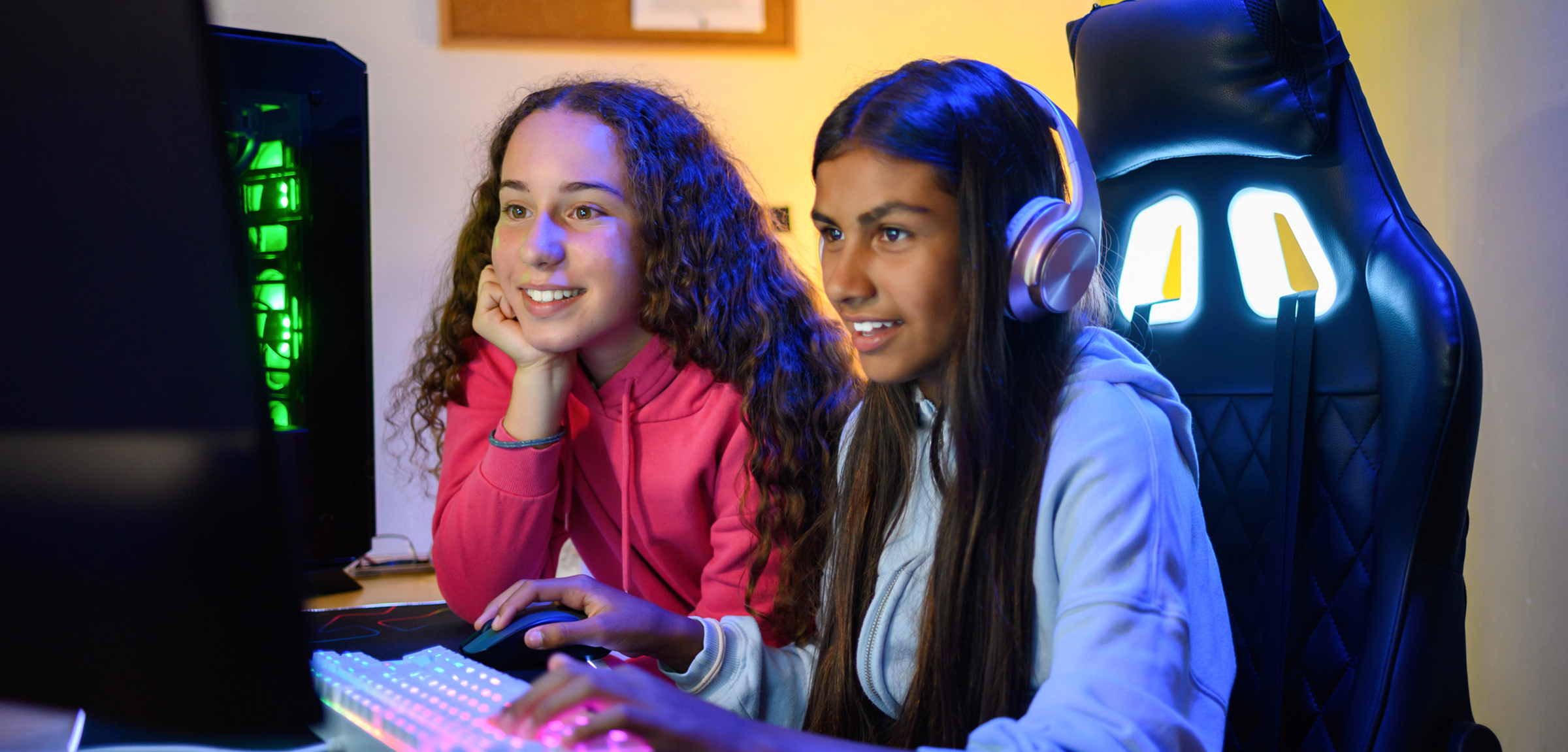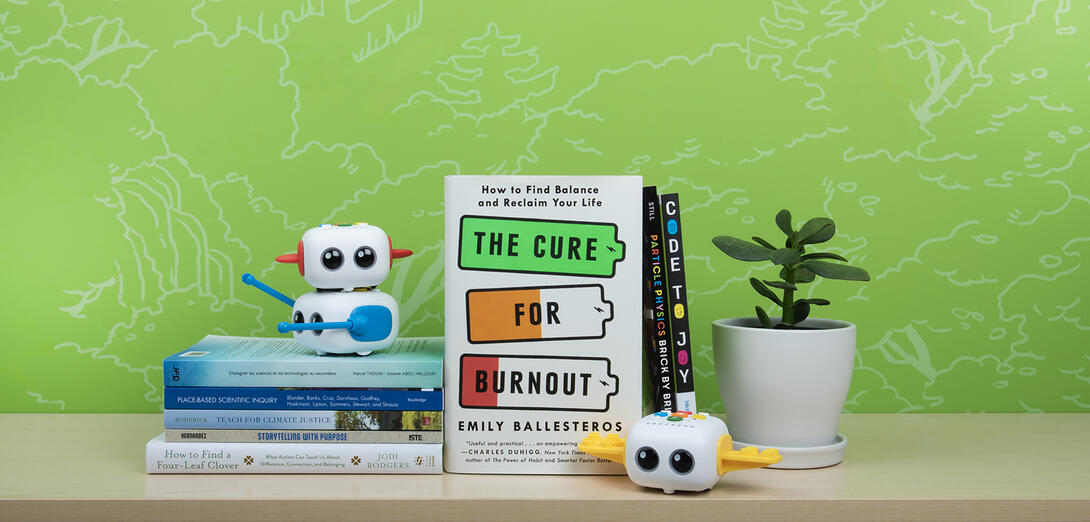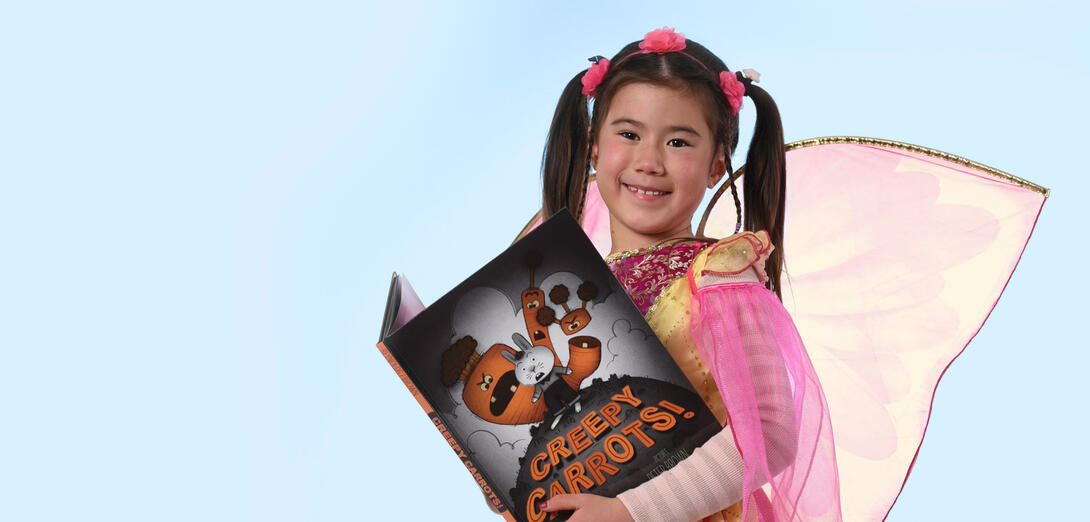While teaching Grade 9 Language Arts during the pandemic, I used the extra time from the cancelled Provincial Achievement Test to introduce a unit I had begun years earlier: “Video Games as Narrative.”
In the early days of video games, the story was an afterthought, but video games’ ability to tell stories has evolved significantly over the years, such that they can now tell more complex and compelling interactive stories than traditional mediums. Since video games can tell stories, they are “texts” or “other media texts,” as referenced in the program of studies for multiple grade levels.
In designing my unit, I chose several games with varying levels of storytelling complexity and spanning the history of gaming. These included classic text-based adventures such as Zork and the original Legend of Zelda for Nintendo, up to modern platformers like CrossCode, But You Seem Fine, The Republia Times and a game still in development. (Even for teachers who are limited to free games on Chromebooks, there is an excellent selection available.)
I introduced my unit by providing students with a toolkit to analyze video games in an academic context. Students critically analyzed various games and undertook projects in game creation, storytelling, persuasive writing and presentations. They shared their experiences, demonstrated critical thinking about characters and stories, and debated the validity of video games as an art form and storytelling medium. Their work, including presentations, essays and original stories, demonstrated their learning and curriculum mastery, culminating in a gallery walk.
Video games are a significant part of our students’ narrative experiences, as suggested by a 2020 study by the Entertainment Software Association of Canada, which found that 23 million Canadians identified as gamers, equally split between males and females. Let’s embrace this digital revolution, view the gaming controller with the same reverence as a book, and dive into the exhilarating world of play. Let the games begin!
Got an Idea? Teacher Hacks is a place for colleagues to share their awesome ideas. If you have a hack that you’d like to share with your colleagues, please email a summary and photos to managing editor Cory Hare at cory.hare@ata.ab.ca.



